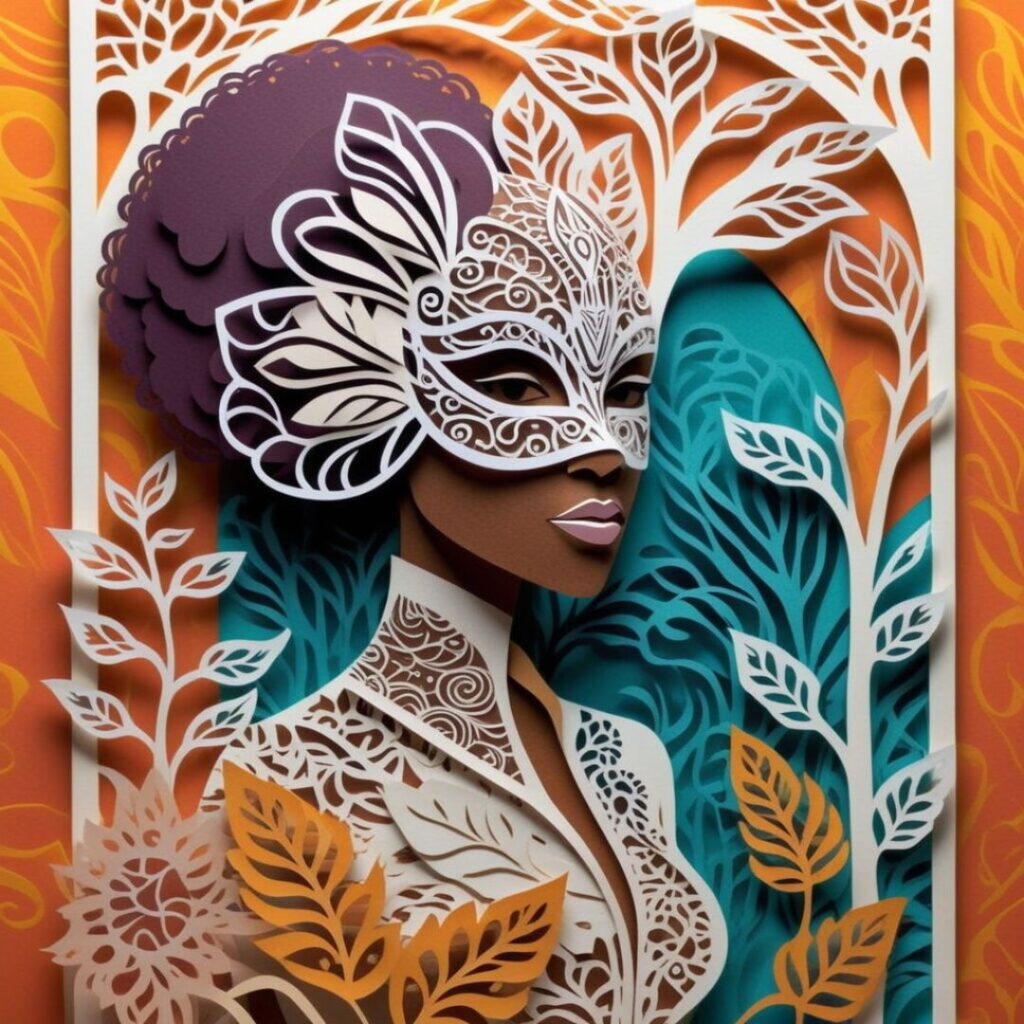There are lies we hear, and there are lies we absorb.
The ones that settle into our bones often don’t sound like lies at all. They sound like rules. Like protection. Like practicality.
They tell us how to move, how to show up, how to measure our worth.
They shape what we believe is possible, permissible, or safe.
And before we know it, we’re living a life that honors the lie more than our truth.
Unlearning them is not about blame.
It’s about awareness.
About gently noticing the falsehoods we’ve inherited—and beginning the slow, powerful work of choosing something better.
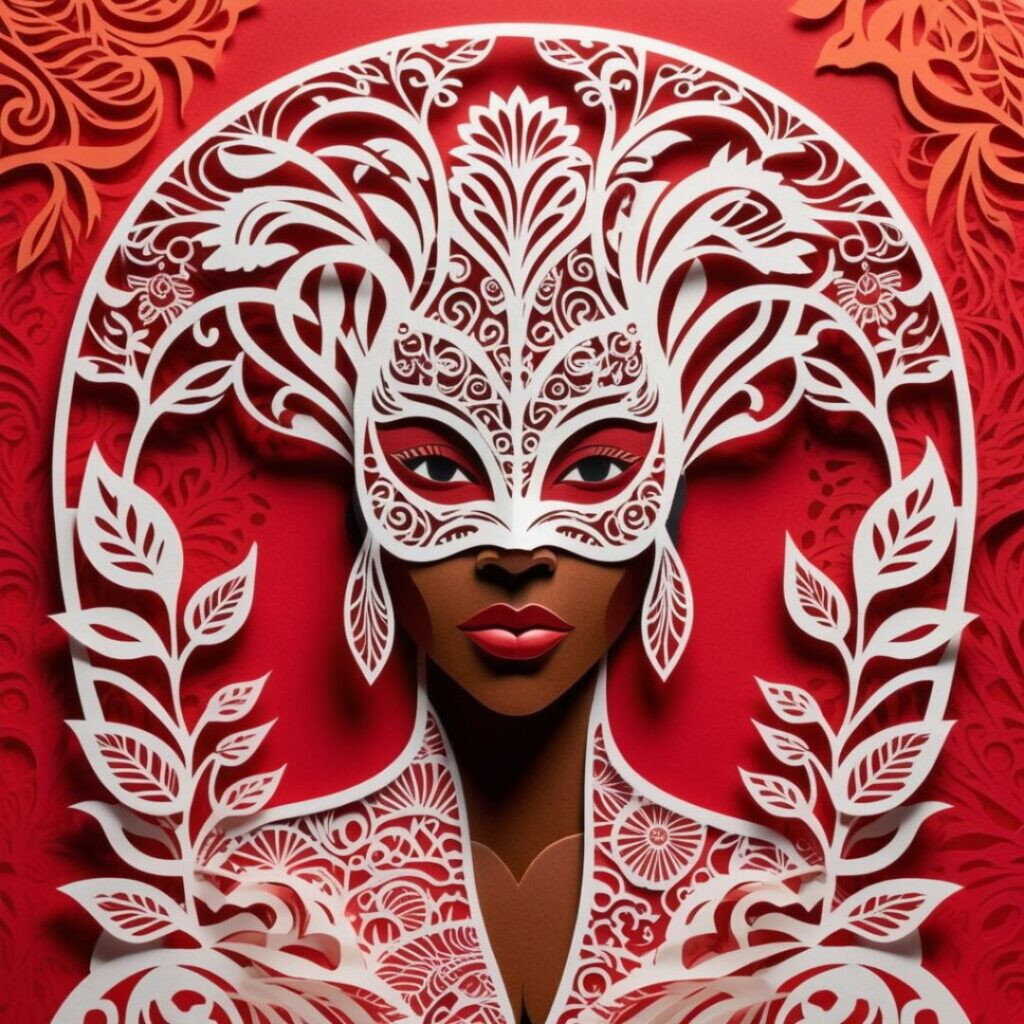
I had a friend once…
She was brilliant, capable, the kind of woman who could walk into a room and instantly make everyone feel like they belonged there. She solved problems before they had names and made the impossible feel almost manageable.
People admired her. I admired her.
And yet, she never saw herself that way.
Every achievement was minimized. Every success deflected with a shrug. Every compliment met with a shy laugh and a dismissive, “Oh, it was nothing.”
It was infuriating.
Because I could see her brilliance. I could see the effort, the depth, the earned wisdom. She deserved to stand tall in her story. She deserved to be proud.
But she never let herself.
She knew she was doing it.
She would say, “I wish I had your confidence,” as if confidence was something you either had or didn’t. As if it wasn’t shaped by lived experience. As if it hadn’t been slowly chipped away by years of internalized self-doubt, by expectations, by limiting beliefs—and quiet lies—passed down by people who never truly saw her.
And I realized something about myself—I had done it, too.
I had believed the lies, too.
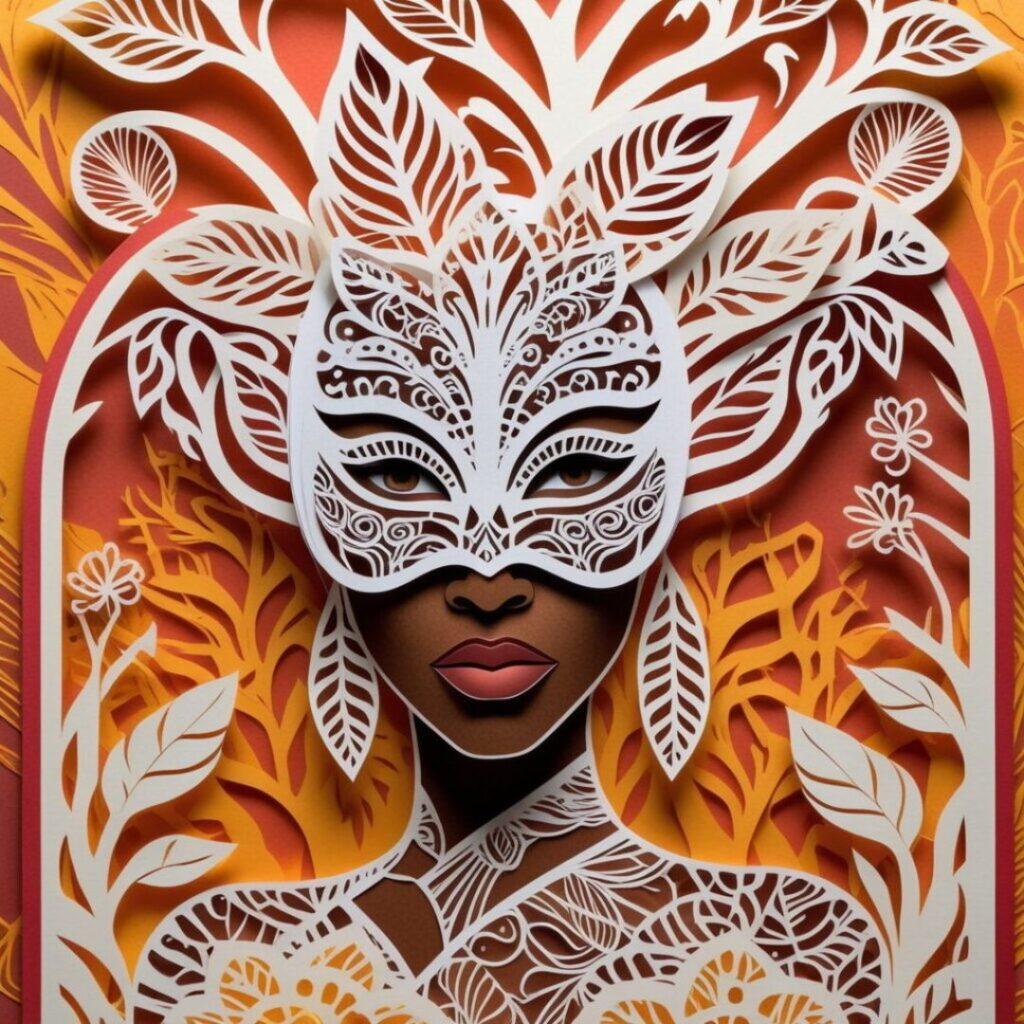
Lie #1: “Playing Small Keeps You Safe”
We don’t start off doubting ourselves. That comes later—after we’ve been handed scripts that were never meant to serve us.
Somewhere along the way, we absorb stories:
Stories about how much space we’re allowed to take up.
Stories about what success should look like.
Stories about when we’re too much—or not enough.
At first, they don’t feel like lies.
They feel like facts. Like guidance. Like survival.
Be polite. Don’t be difficult.
Work hard, but don’t ask for too much.
Be confident, but not too confident.
Stay in your lane.
And so, we comply.
We hesitate before speaking. We over-apologize. We shrink our wins and amplify our mistakes.
And without realizing it, we become small. Not because we lack potential, but because we’ve been taught that our potential is disruptive: unwelcome by others, and could leads to self-ruin. It is inappropriate to flaunt, unacceptable to affirm, and requires eternal minimization.
That’s how self-doubt begins to live in us.
It’s not always loud. Sometimes, it sounds like logic. Like humility.
But it’s not. It’s a quiet erosion of identity—one that limits not just how we see ourselves, but how we move through the world.
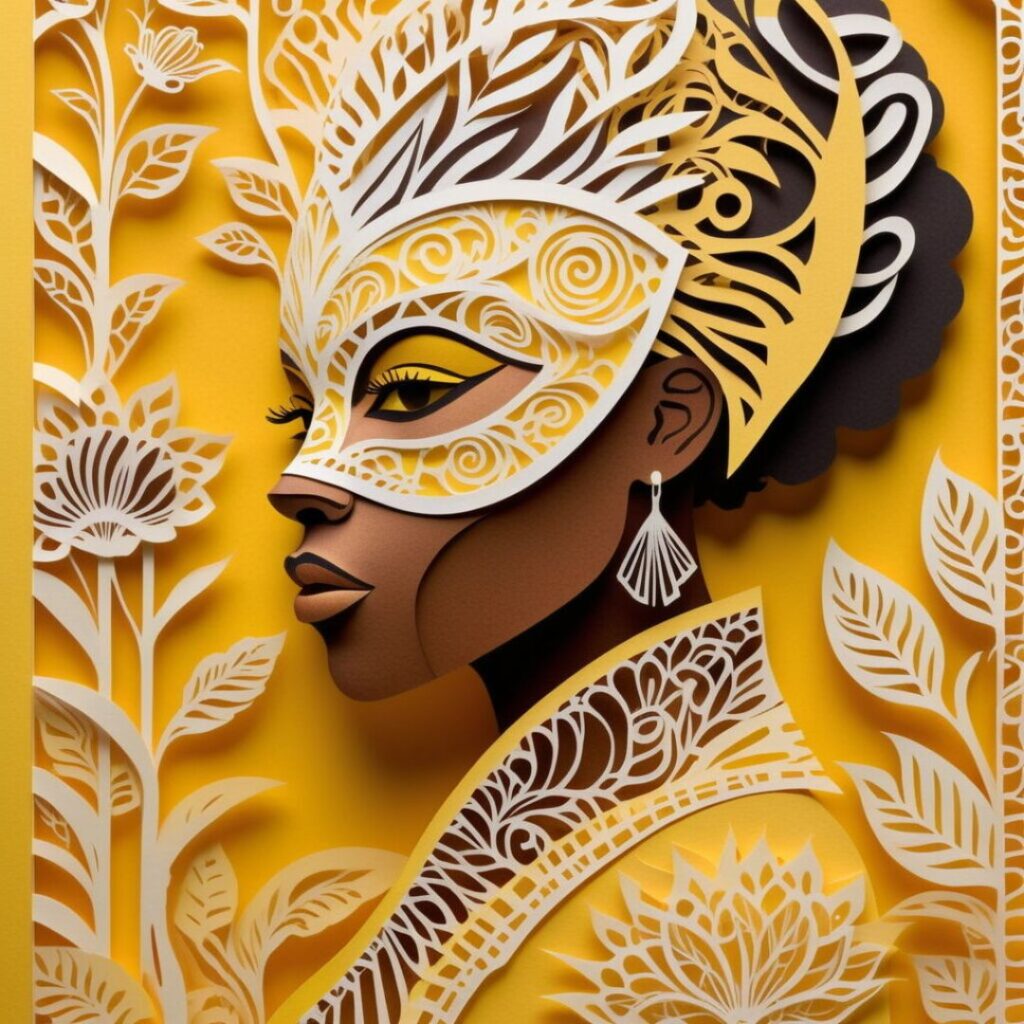
Lie #2: “If You Doubt Yourself, You Must Be Weak”
We often treat confidence like a cure-all—as though it’s the opposite of doubt. But too much confidence can lead us down its own path of blindness.
One voice tells us we are never enough.
The other tells us we’re always right.
One keeps us frozen in place.
The other refuses to listen.
Real confidence isn’t rooted in perfection. It’s built on self-trust.
And self-trust?
That’s not about being loud or certain.
It’s about discernment—about knowing when the voice in your head is fear and when it’s intuition.
There’s a tension between these extremes. And most of us live in the middle, quietly trying to figure it out. Trying to grow without becoming arrogant. Trying to listen without losing ourselves.
So maybe the way forward isn’t about choosing between silence or self-importance.
Maybe it’s about learning how to hear ourselves clearly—beneath the noise of all we’ve been taught.
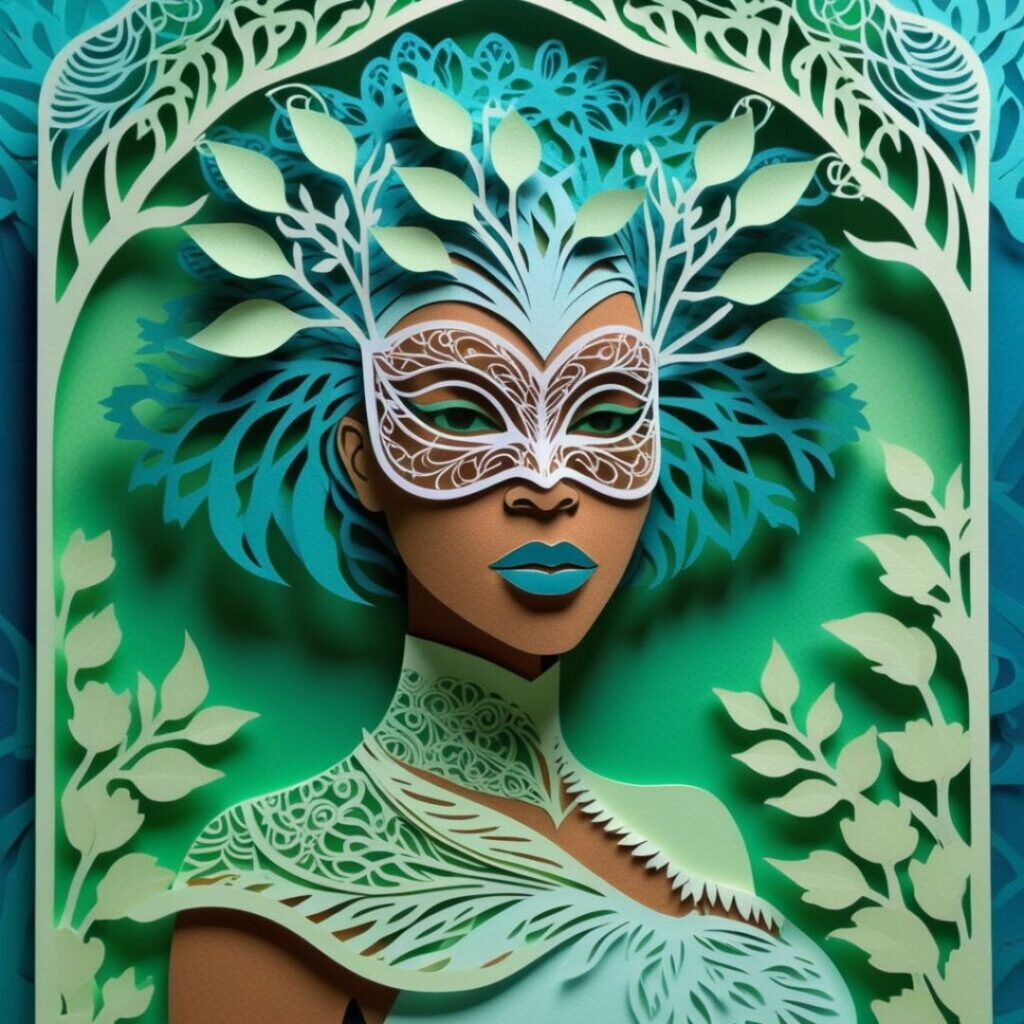
Lie #3: “Self-Compassion Is Self-Indulgent”
For years, I believed that being hard on myself was the key to growth.
That living with self-actualization was heresy.
That if I let up—even for a moment—I would fall behind.
But all that harshness never made me better.
It just made me weary and insecure.
I wasn’t just tired. I was lonely—hiding in a shadow.
Scared to step out after never really being seen.
Angry for never living in the light.
We shape our lives with the stories we tell ourselves.
And many of us are still living inside chapters written by other people.
To rewrite your story is not easy.
It means being willing to look at what we’ve accepted as truth.
It means stepping away from the version of ourselves we performed to survive.
It means asking: Who was I before I believed this? And who am I truly?
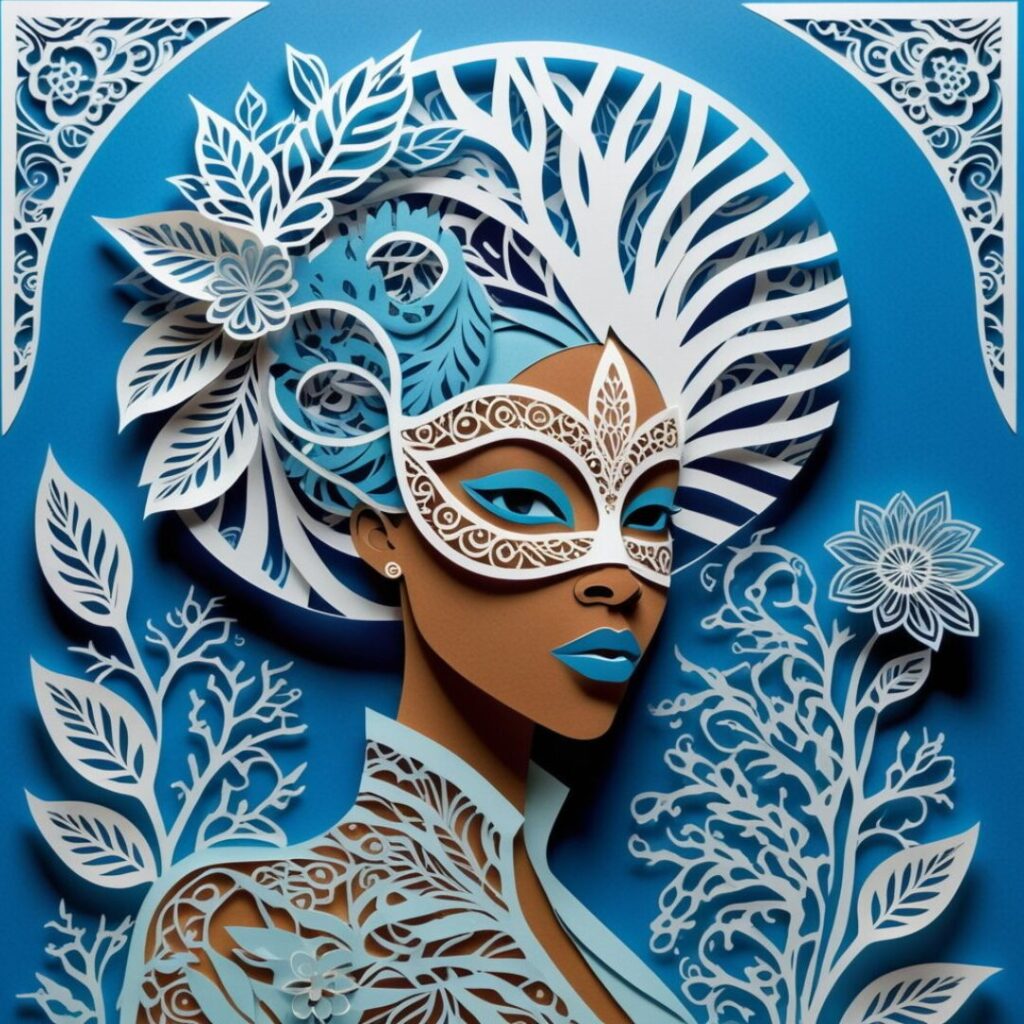
Lie #4: “Letting Go Means Losing Control”
The stories we carry—stories that tell us to stay small, stay quiet, stay agreeable—have become our structure.
A structure, unconsciously limiting—yet it feels like safety.
Letting go is not just about releasing.
It’s about making space.
Because those inherited beliefs didn’t just shape us.
They shaped the space we believe we’re allowed to occupy.
Even as we grow, we feel the resistance.
Even as we learn differently, we fall back into old patterns.
Sometimes, rewriting your story means confronting our complacency with the old one—
and the uncertainty of the new.
But growth cannot survive in a room too small for it.
So we press up against the edges.
We question.
We retreat.
We imagine.
And in this tender moment, we imagine that this is enough.
Until the day it isn’t.
And you write a new narrative, in your own voice, for your own life.
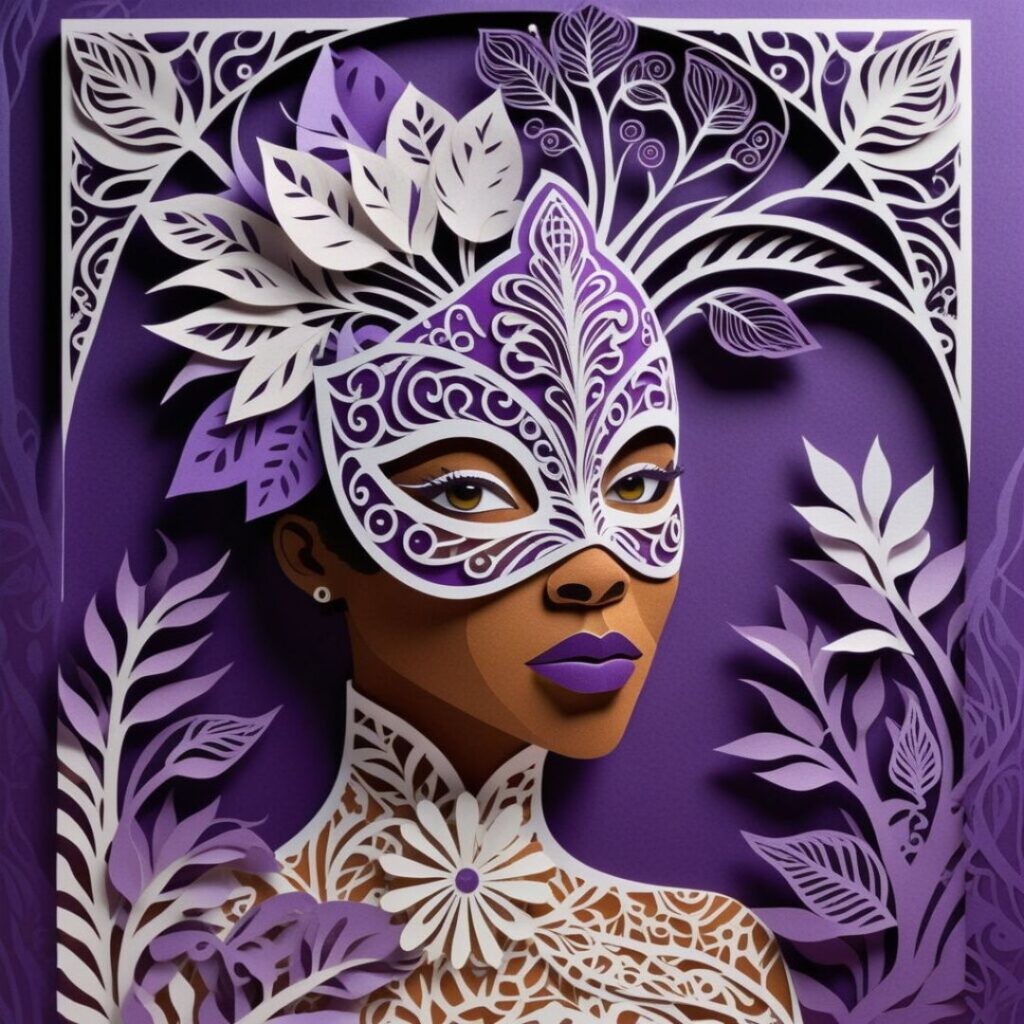
After the Lies: Living in the Truth
Living in your truth doesn’t always start with a roar.
Sometimes, it begins with a whisper: This story no longer fits me.
To live in your truth means you no longer contort yourself to be palatable.
You no longer wait for permission to belong to yourself.
You choose, again and again, to trust your knowing more than your programming.
This isn’t about becoming someone new.
It’s about returning—softly, fiercely—to the person you were before the world told you who to be.
And once you begin, it gets harder to go back.
Truth, once felt, is hard to forget.
And freedom, once tasted, is impossible to unlearn.
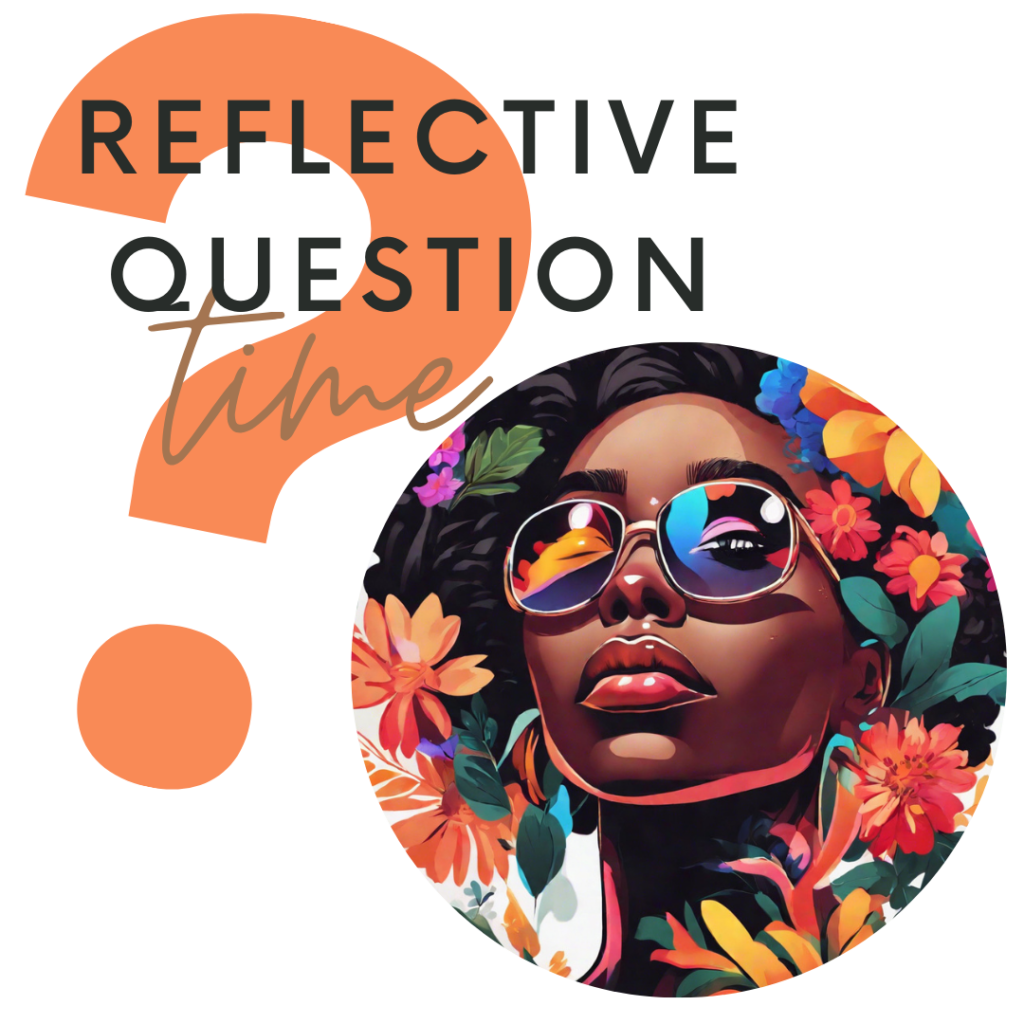
- Which “lie” do I find myself still living by—consciously or unconsciously—and where did it come from?
- In what ways have I mistaken self-doubt for humility or safety?
- What would it feel like to let go of the need to perform strength and simply allow myself to be seen?
- If I could rewrite one part of my personal story right now, what would I reclaim, soften, or speak aloud for the first time?
- What small truth can I choose to live today, even if it feels uncomfortable?
Thank you for reading and visiting the blog—I’m grateful to share this space with you. The accompanying design by Vibe Graphix adds a thoughtful touch to this message. Take what resonates, let go of what weighs you down, and embrace your journey toward clarity and freedom. 💛
